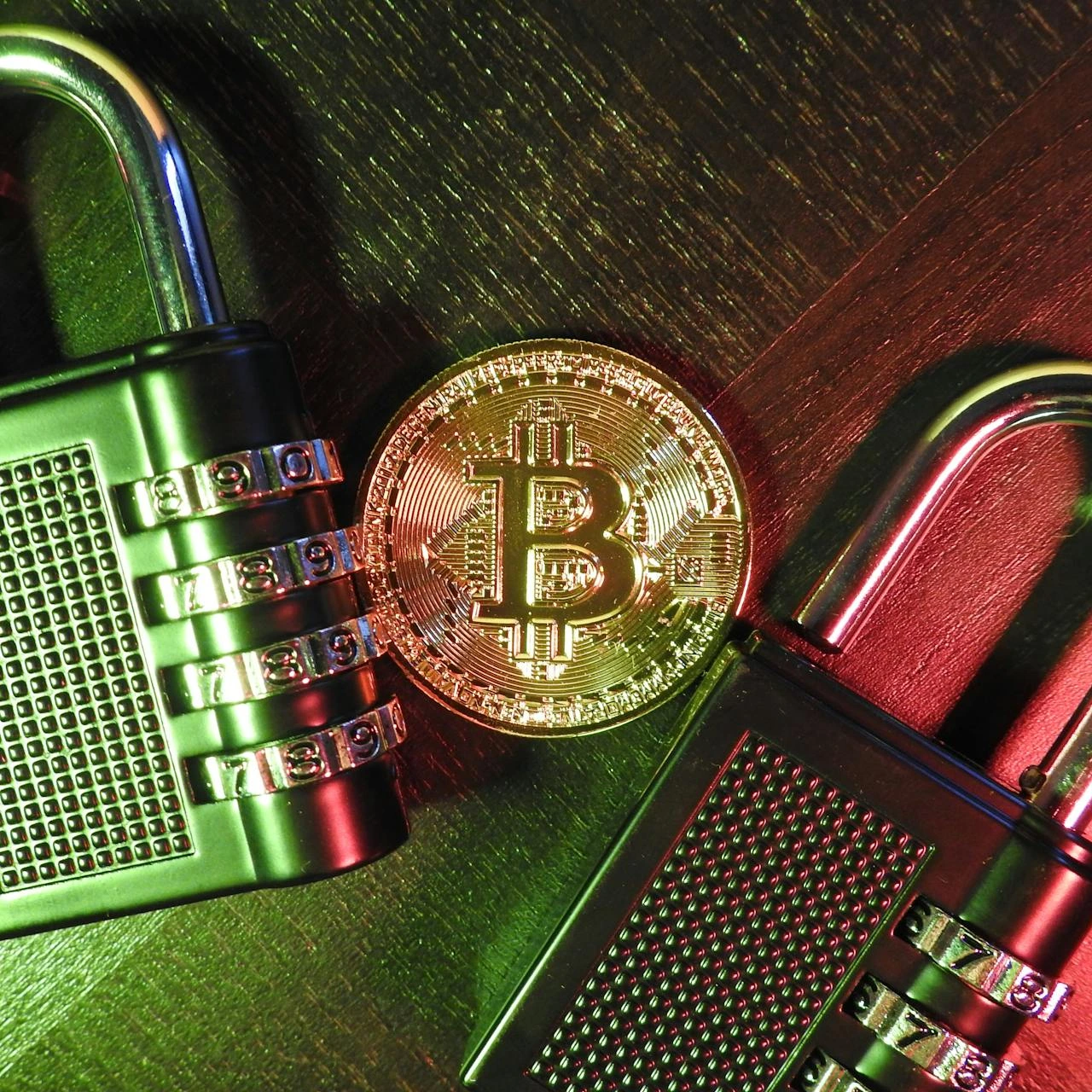Once the secret weapon of savvy traders and tech nerds, cryptocurrency has broken out of its niche—and straight into the everyday wallets of Filipinos. From your favorite milk tea run to paying bills or even sending money back home, crypto assets are no longer just moonshots—they're becoming mainstream.
It’s not just cash or credit cards anymore—crypto has entered the payment arena, offering an alternative that feels both futuristic and convenient. The shift is fueled by increasing digital adoption and easy-to-use platforms like PDAX and Coins.ph, which turn your phone into a crypto-powered spending tool. But before you start scanning QR codes with Bitcoin or USDT, it’s worth asking: is your digital peso as protected as your physical one?

Crypto Assets as a Payment Method in PH: What’s the Deal Now?
In 2025, the Philippines is becoming a hub for digital currency adoption in Southeast Asia. Major brands are now accepting virtual assets through partnerships with local cryptocurrency exchanges and payment gateways. Some restaurants and retailers allow QR-based crypto transactions, especially in tech-forward cities like Metro Manila and Cebu.
Platforms like Philippine Digital Asset Exchange (PDAX) and Coins.ph have enabled users to convert digital assets to Philippine peso in seconds. According to the Bangko Sentral ng Pilipinas (BSP), the country now has over 20 licensed Virtual Asset Service Providers (VASPs)—a strong indicator of growing market maturity.
Meanwhile, e-wallets like Maya Philippines are also exploring crypto wallet integration, blurring the lines between crypto exchanges and traditional remittance and transfer companies.

E-Wallets vs. Crypto Wallets — What’s the Difference?
While e-wallets are generally considered safer for day-to-day use, crypto wallets offer more control but also expose users to more risk—including price volatility and scams.

Are There Protections for Crypto Consumers?
Yes—but they’re evolving.
The Bangko Sentral ng Pilipinas and the Securities and Exchange Commission (SEC) are increasing regulatory oversight over crypto asset service providers. New 2025 rules now require all cryptocurrency exchanges and crypto companies to meet anti-money laundering (AML) and counter-terrorism financing (CTF) compliance under the Anti-Money Laundering Act.
According to SEC's 2024 guidelines, crypto asset trading venues must provide a disclosure document to users, ensure fair access, and meet strict regulatory compliance. The SEC also designates covered persons, which include crypto providers, to report suspicious transactions to the Anti-Money Laundering Council (AMLC).
However, legal protection for consumers is still limited. If you lose access to your digital unit due to phishing or hacking, recovery is nearly impossible without a regulated platform.

Red Flags to Watch Before Spending Your Coins
Spending crypto assets can be exciting, but here are some warning signs:
- Too-good-to-be-true prices: Fraudulent merchants may entice you with large discounts but never deliver.
- No refund policies: Unlike credit card purchases, most crypto transactions are irreversible.
- Unlicensed exchanges: Always use VASP-licensed platforms registered with the central bank or exchange commission.
- Sketchy conversion rates: Make sure you’re aware of the exchange rate and any hidden fees.
- No physical office or contact info: Legitimate crypto asset service providers maintain transparency.
Experts from KapronAsia emphasize that proper risk management and market education are key to fostering financial stability in the crypto industry.



Conclusion
Wrap-up: If You're Paying in Crypto, Be Smart—Not Sorry
The crypto market in the Philippines is evolving fast. As more crypto asset services become part of everyday life, Filipino consumers must educate themselves about the risks, regulatory framework, and red flags.
Crypto can offer faster remittances for overseas Filipino workers, better investment opportunities, and more financial technology innovation—but without proper investor protection, it's still a “buyer beware” market.
That’s why platforms like Finmerkado play a key role in helping Filipinos explore safer and more transparent financial tools—whether it’s accessing regulated credit products, comparing digital finance services, or simply learning how to make smarter financial decisions in the age of crypto.
Always check for a VASP license, make sure they follow the comprehensive regulatory framework for virtual currency exchanges in the country, understand the difference between crypto wallets and e-wallets, and make sure you’re making cryptocurrency transactions with platforms compliant with Philippine laws and financial regulations.
Sources:
- Bangko Sentral ng Pilipinas
- KapronAsia: Crypto Regulation in Southeast Asia
- Securities and Exchange Commission Philippines
- PDAX – Philippine Digital Asset Exchange
- Coins.ph
- Fintech News: SEC New Rules for CASPs
Frequently Asked Questions
Yes, it is legal. However, only VASP-licensed platforms registered with the Bangko Sentral ng Pilipinas and compliant with the Anti-Money Laundering Act can offer crypto services legally.
An e-wallet handles fiat currency (PHP), while a crypto wallet stores cryptographically secured digital assets like Bitcoin or ETH.
There’s limited legal protection, especially if you use an unregulated wallet or platform. Always check for regulatory compliance.
Yes. Several platforms now offer crypto-to-cash services that benefit overseas Filipino workers and their families through faster, cheaper transfers.
Check if the platform has a VASP license, a clear disclosure document, and is listed on the BSP or SEC’s official registries.

UnionBank offers accounts, loans, credit cards, and investments to meet varied customer demands. The bank makes banking transactions easy with years of knowledge and a large branch network around the Philippines.

BPI offers many financial options for varied purposes. BPI offers personal, commercial, investment, and credit products and services to meet various financial needs. This makes financial management easier for individuals and organizations by providing a one-stop banking solution.

Coins.ph emphasizes speed and efficiency, offering a streamlined online application process that takes only a few minutes. Approved applicants receive funds swiftly in their bank accounts, underscoring the company’s commitment to providing fast service, particularly for loyal, returning clients.
BPI Gold Rewards Card

- Earn 1 reward point for every ₱35 spend
- Avail flexible installment plans with terms up to 36 months
- Free travel insurance up to ₱10 million
- Enjoy endless rewards and perks all year round
- Ideal for cardholders looking for premium benefits










